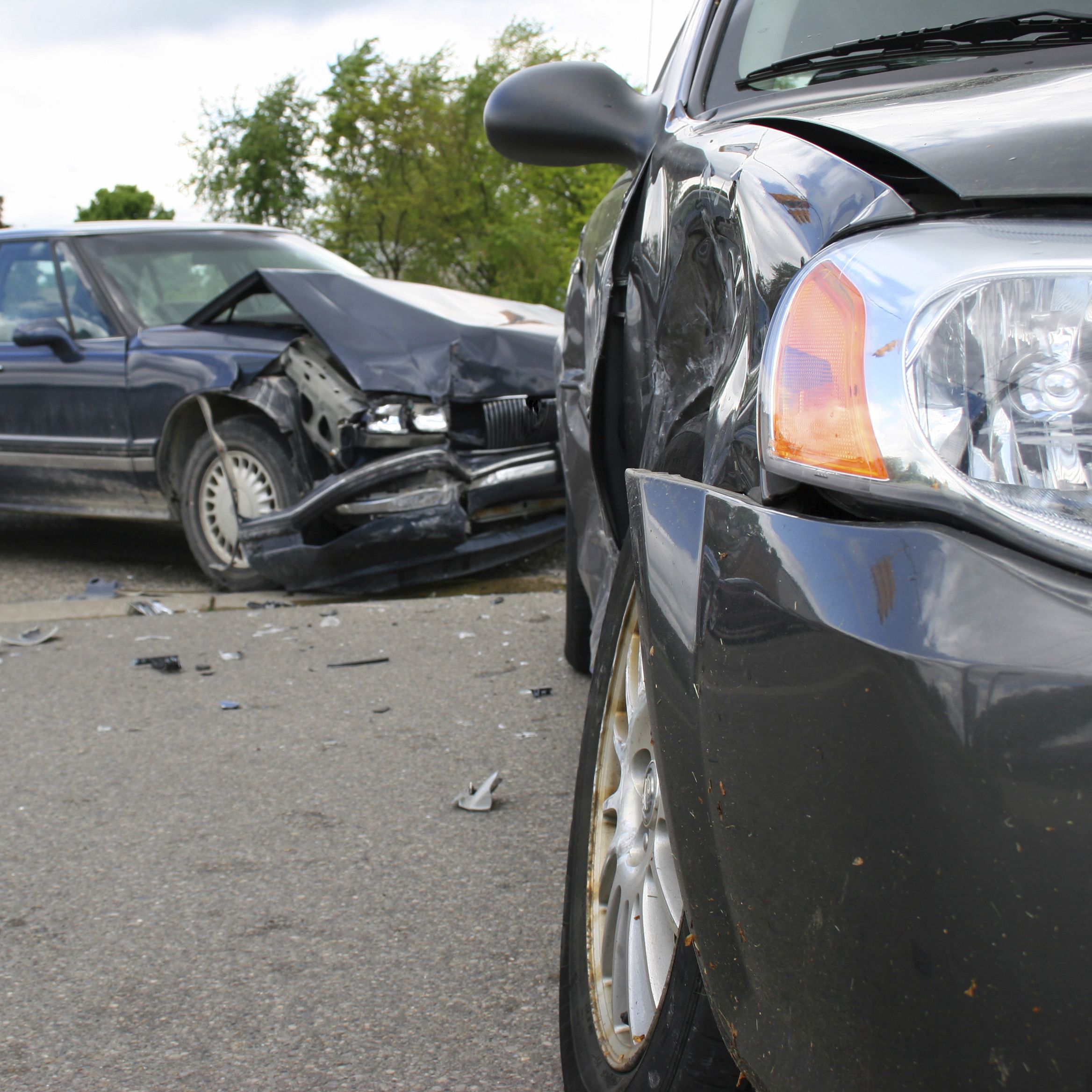Car Accidents and Underinflated Tires
 Most drivers do not pay much attention to their tires, but they are an essential part of the car. The tires are the only part of the car that makes contact with the road; they affect how a vehicle grips the road, how long it takes to brake, and how well it responds to steering.
Most drivers do not pay much attention to their tires, but they are an essential part of the car. The tires are the only part of the car that makes contact with the road; they affect how a vehicle grips the road, how long it takes to brake, and how well it responds to steering.
Unfortunately, many vehicles have underinflated tires. Underinflated tires create hazards that increase the risk of a car accident. Individuals in the Brooklyn, NY, area who have been injured in car accidents involving underinflated tires can work with car accident lawyers at Zucker & Regev, P.C. to go after liable parties for accident damages.
Dangers of Underinflated Tires
All vehicles come with tire pressure recommendations. These can typically be found either on the driver’s side door jamb or in the vehicle’s owner manual. These recommendations should be closely followed, because tire pressure can have an impact on vehicle handling, gas mileage, and the lifespan of the tire.
Perhaps most importantly, an underinflated tire can create hazards that make a car accident more likely. Some of the ways in which underinflated tires affect road safety include:
- Compromised road grip
- Increased braking time
- Greater risk of a tire blowout (especially when traveling at high speeds)
- Danger of fire (from parts of the wheel rubbing against each other)
Proper Tire Maintenance
Even when tires are in good shape, tire pressure diminishes over time. Many drivers rely on their vehicle’s alert system to warn them when tire pressure is low, but this type of alert typically doesn’t come through until the tire pressure is 25 percent below the recommended pounds per square inch, which may be too late to prevent an accident or emergency.
To maintain an accurate gauge of tire pressure, drivers should perform their own routine checks. Ideally, tire pressure should be checked once a month - or more frequently if tire pressure is regularly low. For the most accurate reading, tire pressure should be measured when the tires are cold, which is first thing in the morning (before driving), or at least three hours after completing a drive.
In addition to routine tire pressure checks, drivers should follow these tire maintenance tips to preserve the integrity of the tires:
- Rotate tires, check wheel alignment, and correct tire balance every 5,000 to 7,000 miles
- Replace tires every three to four years (or every 50,000 to 60,000 miles)
- Pay attention to tire recalls
Liability for Car Accidents Caused By Underinflated Tires
Car accidents caused by underinflated tires can result in significant damages, including catastrophic injuries. Accident victims in the Brooklyn area can work with the car accident lawyers at Zucker & Regev, P.C. to establish accident liability so that at-fault parties can be held accountable for resulting losses. Depending on why a tire was underinflated, and how it contributed to the accident, liability may be held or shared by:
- Another driver
- Tire manufacturer
- Tire distributor
- Auto mechanic
Contact Us
If you have questions about accident liability or the amount of compensation you may be due following a car crash, the lawyers at Zucker & Regev, P.C. would be happy to provide you with more information. To get in touch with our car accident lawyers, send us a message online, or call our Brooklyn law firm at (718) 624-1211.


